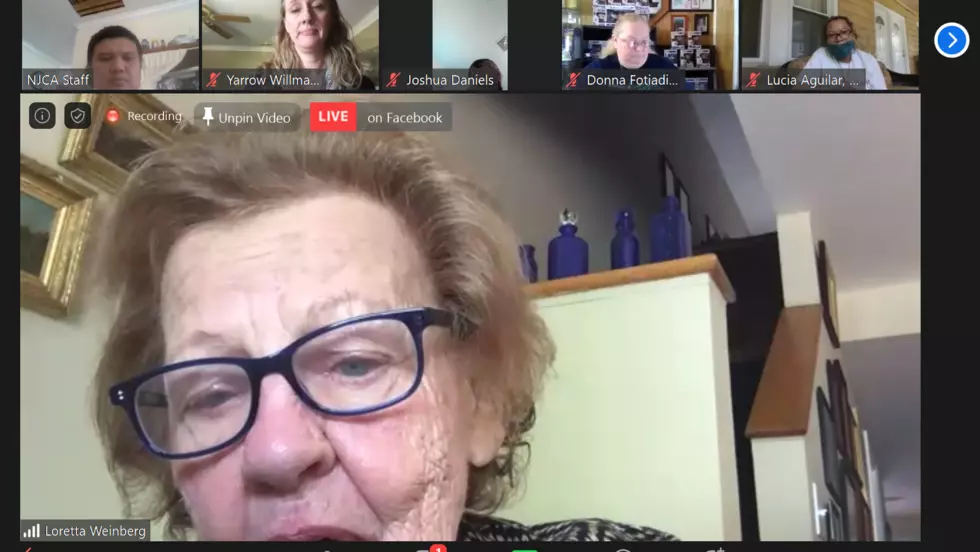
COVID-19 reveals need for expanded paid sick leave, NJ groups say
After exposing herself daily to COVID-19 as a nurse at Bayonne Medical Center, Chris Crimaldi came down with the virus and was unable to work for several days while she was in quarantine.
But because she works per diem and in the healthcare field, Crimaldi was not legally eligible for any paid sick time.
"I should be able to count on emergency sick days. It is the right thing for state lawmakers to do," Crimaldi said.
New Jersey in 2018 joined a short list of states that require employers to provide paid sick leave to their workers. But the COVID-19 crisis has made it clear that New Jersey's law does not go far enough during emergency times and in general, according to workers' rights advocates and the state lawmaker who championed the 2018 law.
During a virtual news conference Wednesday on Zoom, several people and groups pushed for the passage of a measure sponsored by state Sen. Loretta Weinberg, D-Bergen, that bumps the number of base earned paid sick days from five to seven, removes certain restrictions in the current law, and provides an additional 120 hours of paid leave to certain workers during a declared state of emergency.
"It is hypocritical to ask workers who have been exposed to coronavirus to self-isolate for 14 days while only providing them a maximum of five sick days off work," Weinberg said. "We are forcing these workers to choose between protecting our health or protecting their jobs. This is not a choice anyone in New Jersey should be forced to make."
In Weinberg's bill, the definition of "essential worker" goes beyond first responders and those on the medical front lines.
"We're talking about transit workers, bus drivers, grocery store clerks, restaurant workers, people that are delivering our packages," Weinberg said.
The Family First Coronavirus Act, passed recently on the federal level, provides 10 emergency paid leave days. But according to the New Jersey Time to Care Coalition, the act leaves behind approximately 2 million New Jerseyans who work in healthcare or for companies with at least 500 employees.
"We do need to fix this in Congress, but thankfully we can do more right here in New Jersey, to protect workers and stop the spread of contagion, now and in the future," said Yarrow Willman-Cole, convener of the coalition.
When reached for comment on the legislation, the New Jersey Business and Industry Association said it's important to acknowledge that most essential businesses are already making accommodations for workers who contract the virus, to go along with expanded leave provisions and benefits on the federal level.
"While we review this legislation, we want to make sure that it is needed and does not unnecessarily harm our essential businesses, many of which are struggling," said NJBIA Vice President of Government Affairs Ray Cantor.
Weinberg's bill includes per diem health care employees and removes the current 120-day waiting period from a worker's first day and when they're permitted to use the paid time they've earned.
More from New Jersey 101.5:
Travel back in time to a colorized Atlantic City circa 1919
Contact reporter Dino Flammia at dino.flammia@townsquaremedia.com.
More From New Jersey 101.5 FM









